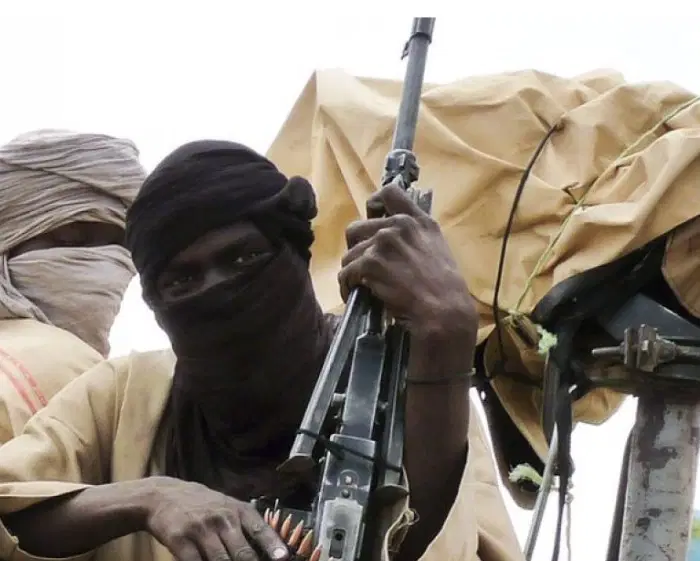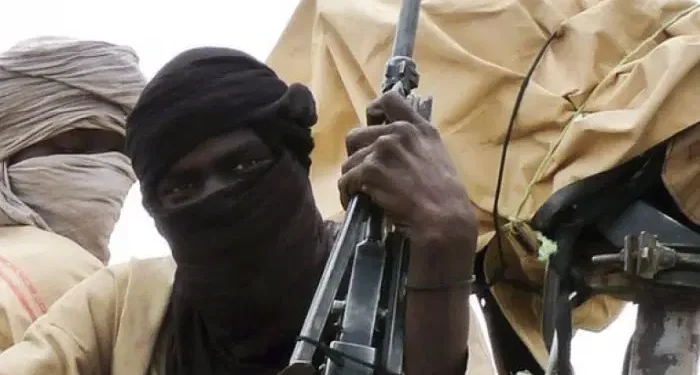Armed bandits have asserted control over at least 10 local government areas in Sokoto State, Nigeria, leaving a trail of destruction, killings, and mass displacement. The affected areas include Sabon Birni, Isa, Goronyo, Wurno, Rabah, Tureta, Dange/Shuni, Shagari, Illela, Tangaza, Gudu, Binji, Silame, and Kebbe.
In these areas, bandits operate with impunity, imposing their own rules and authority. For instance:
ndits parade openly with rifles, acting as self-imposed rulers in towns like Bafarawa, Kamarawa, Arume, and Gebe. They also mount checkpoints on highways, abducting commuters in broad daylight.
Armed gangs raid villages at night, torching homes, looting property, and abducting residents. Survivors live in constant fear, unsure when the next attack will occur.
Bandits adapt guerrilla tactics, striking during storms when vigilance is low. They plunder shops, grain silos, and even cart away biscuits and soft drinks, leaving communities destitute.
The banditry has led to a severe humanitarian crisis, with:
Farms have been deserted, leading to potential food shortages.
-Schools have been closed, disrupting education.
Collaborating with the Army, Police, DSS, NSCDC, and other security agencies to combat banditry.
Community guards have been mobilized to support conventional forces with intelligence and local defense.
Governor Ahmed Aliyu has visited IDP camps, distributing food, clothing, and cash relief to affected households.
Despite these efforts, the resilience of the bandits remains a significant challenge. Colonel Ahmed Abdul Usman, Special Adviser on Security to Governor Aliyu, identifies informants as a critical obstacle, stating that “informants are worse than bandits”
The government has vowed to punish informants with the same severity as the bandits themselves









